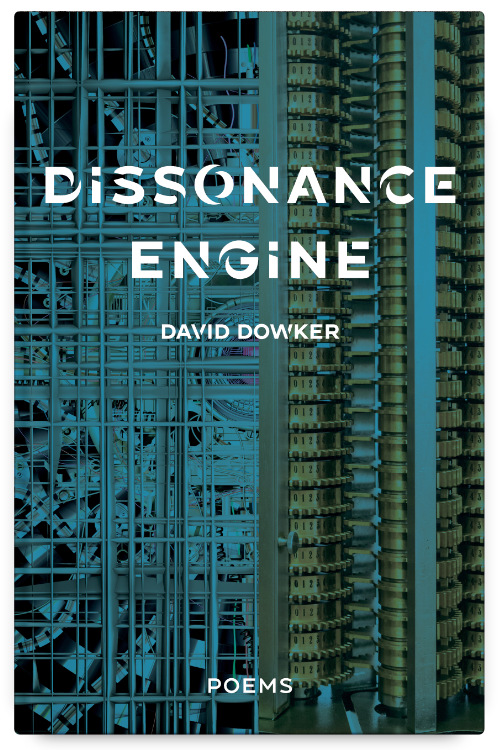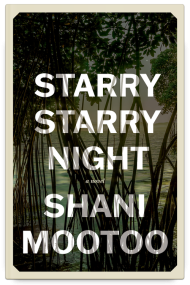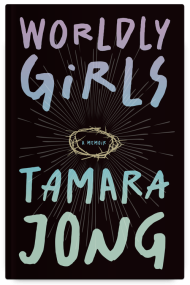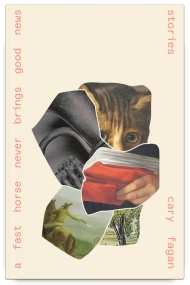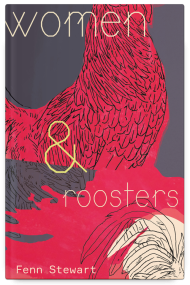Dissonance Engine is an exploration of time, cognition and loss; the intersection of dream and alternate reality amidst myriad systems of control. The collection probes these themes through a multitude of forms including prose poems, palindromes, fictional journal entries, a faux manifesto, and collage poems.
A literary Necker cube, the structure of this multilayered work reflects its subjects; anamorphic transformation on paper. Amidst poems about loss, melancholy, love, connection, longing and the natural world, Dowker scours the dissonance engine of the media spectacle, to stare into gnostic estrangement and question the “time-sensitive material” of language.
Praise for Dissonance Engine:
“Dissonance Engine is a fantastic machine: part gears, part lube, part programme, part veins and sky. Born on the page, the poems are edged and lathed, composed of words revealing the strange work that words do—sometimes in soft tissue, sometimes in steel (alive to its own strength and glint), sometimes in cyberspace.
This is language so finely tuned to its own machinations, its organisms, its complexities, its grief, its beauty and the general din of its forming matters that it reflects and refracts a whole other extraordinary world . . . out of these words, out of this world.
Gyrostatic
unravelling with the slightest adjustment of the time-crystal, petals of nervous star tissue and flowering coincidence in symmetrical mirror pyramid array, neural squall quelled
I have been reading David Dowker for a long time now and I am thrilled to be reading him again.” —Christine Stewart, co-author of Virtualis: Topologies of the Unreal
Press Coverage:
Most Anticipated: Our Shelf 2022 Fall Poetry Preview —49th Shelf
48 Canadian poetry collections to watch for in fall 2022 —CBC Books
“Contemplating Dowker’s multilayered creation inspires me to imagine the text further, extending beyond the parameters of the machine or block of book to witness ideas and philosophies unfold in real time with a character able to take on the structure of Dowker’s language.” —Sara Hailstone, Cloud Lake Literary
“Dowker circles specifics on language theory and grief and the mechanics of all of the above, even as his layerings combine to move in a straight trajectory.” —rob mclennan
David Dowker was born in Kingston, Ontario but has lived most of his life in Toronto. He was the editor of The Alterran Poetry Assemblage from 1996 to 2004. He is the author of Machine Language (2010), Virtualis: Topologies of the Unreal, co-written with Christine Stewart (2013), and Mantis (2018).

